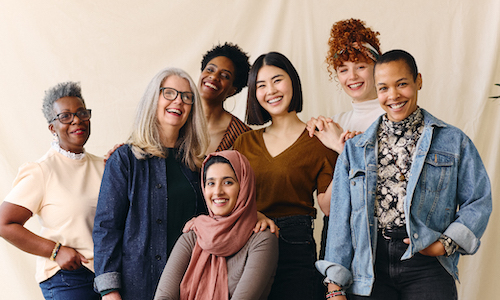The Joys of Learning (and Using) A New Language

Living in California, I decided to go with the language that I deemed to be most useful in my day-to-day life – so I went with Spanish. The moment where it all clicked for me was when I had the opportunity to practice what I had learned in foreign countries. Sure, in the small town of Half Moon Bay, California, where I grew up, I had opportunities to practice my Spanish – like ordering food at a taqueria or conversing with friends that spoke the language – but no circumstance REQUIRED me to speak it.
This living situation does not compare to living in a city where many of the people around you speak a primary language which is different than yours. Being in Buenos Aires, Argentina, scrambling to recall a few obscure words to complete a sentence so you can tell an Argentine porteno (Argentine term used to describe someone from Buenos Aires) you come from a surf town in California. Being in Barcelona, Spain, and trying to order a pre-siesta snack consisting of churros with a side of chocolate dipping sauce, milk, and water. Being at border patrol at a major airport in Argentina, where the worker speaks little to no English, and trying to explain that you are an intern and a student, but not traveling to his country for work.
Yes, these are all situations I have found myself in over the years. It is times like these, when you DO put the pieces together and complete the sentence, that you feel a great sense of accomplishment. It is like you discovered a cheat code that allows you to communicate with more people and gives you the confidence to travel to places where you might not have felt comfortable with your prior skillset.
Scientifically speaking, what happens when you learn something new? This isn’t something I have the credentials to speak about, but I’m happy to cite a professional here that does explain this.
According to researchers from Penn State University, learning something such as a second language only strengthens your brain. These researchers found that learning a new language led to a more connected brain network. What’s more, is that learners were even more successful in learning a second language when they already had a strong connected neural network. With learning there is a snowball effect which makes your brain more ready for new knowledge. It’s as if learning is a workout for your brain and the more learning you do, the more fit it becomes. Another interesting tidbit from this study was that researchers were able to see the changes in the brain among the elderly. Yet another reminder that learning doesn’t stop at a given point in time. We can all be lifelong learners.
How You Can Learn with Litmos
Here at Litmos we offer thousands of training courses for our learning community. And while we don’t offer courses on learning specific languages, we DO offer courses on inclusivity and cultural awareness.
I am a proponent of learning new languages. My advice in accomplishing this is to take advantage of the resources available to you. I used a free app called Duolingo to help supplement the Spanish I learned in school and keep me sharp. I have used LinkedIn learning in the past to take courses such as “The Six Morning Habits of High Performers” and “Digital Marketing Trends.” Litmos has a comprehensive library as well if you are looking to upskill.
Whether it is learning a new language, learning how to play a new song, or learning how to change out the windshield wipers on your car, learning can only help you and your brain succeed in life – no matter what age you are!




